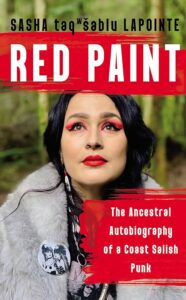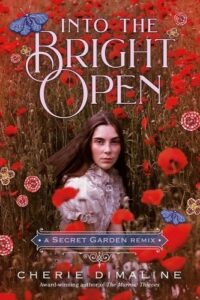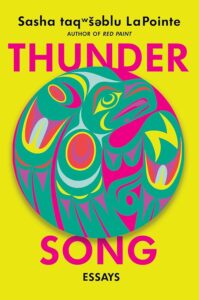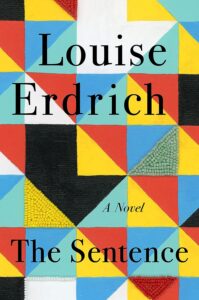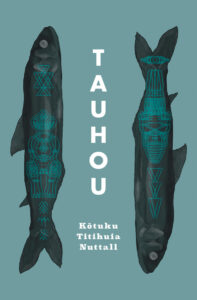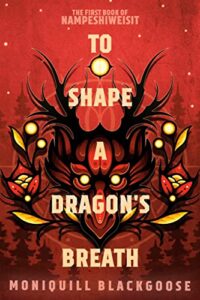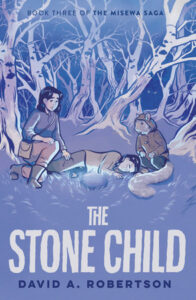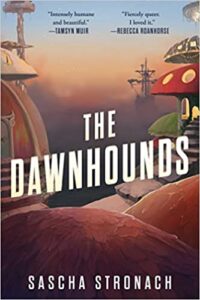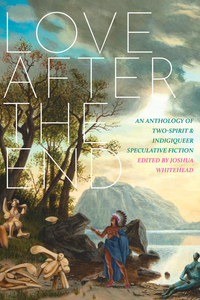Buy this from Bookshop.org to support local bookstores and the Lesbrary!
“I no longer wish to be called resilient. Call me reckless, impatient, and emotional. Even Indigenous. Call my anything other than survivor. I am so many more things than brave.”
One of my favourite books I’ve read this year is Thunder Song, LaPointe’s newest collection of essays, so I knew I wanted to go back read her memoir, Red Paint. While it took me a few chapters to get into, I ended up liking Red Paint just as much. This is a memoir that brings you right into the darkest, most painful moments of her life, including sexual assault, her marriage dissolving, and her miscarriage. It’s powerful and vulnerable, and I’m so glad I picked it up.
I’m always grateful to writers who takes readers into these vulnerable moments. LaPointe describes her mental health struggles and the coping strategies she used—from denial to self medicating to ceremonies and traditional medicine—to survive.
She also lets us into her relationships, particularly the one with her husband, Brandon, and her first love, Richard. These are complicated, realistic relationships—I was angry and frustrated with Brandon alongside LaPointe, but he was not painted as a two dimensional villain. I also felt for Richard as LaPointe reached out to him for comfort and nostalgia while knowing he wanted more from her than she could give. These relationships are so human: complex and layered.
(Because this is the Lesbrary, I’ll say that LaPointe’s bisexuality and the women she’s dated are mentioned in two chapters and aren’t the focus of the book—the romantic relationships explored here are mostly with these two men.)
While Thunder Song has a throughline of music, Red Paint incorporates the stories of LaPointe’s ancestors, especially three Coast Salish women she’s descended from. She tells the story of Comptia, her ancestor who married a Scottish man after almost her entire Chinook village died from smallpox spread by colonizers. LaPointe tries to fill in the gaps in her story: why did Comptia marry him? How did she feel being the sole survivor in her family? How does Comptia’s story connect to hers, generations later?
Red Paint definitely solidifies LaPointe as an author I want to follow. These two books are not easy reads, because they describe some of the darkest moments of her life, but they’re beautifully written and ultimately hopeful. LaPointe finds strength in her culture, family, and spiritual practices, fighting to reclaim what colonialism has sought to erase.
I do want to give clear content warnings for childhood sexual assault, detailed description of a miscarriage, description of a suicide attempt, anti-Indigenous racism, and colonialism.
If you are in a place to read that content, I highly recommend this and Thunder Song, especially if you live on the west coast of Turtle Island. I can’t wait to see what LaPointe writes next.

